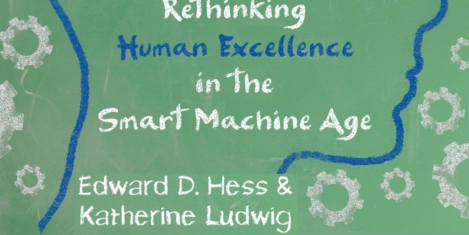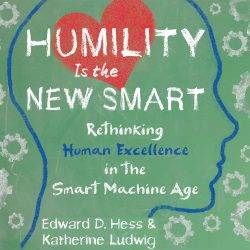February 28, 2017
Working significantly past the state retirement age is a threat to recruitment and retention, claims study 0
 Rising numbers of employees working past traditional retirement ages is a potential threat to recruitment and retention, new research from employee benefits consultancy Portus claims. Its study of 103 HR executives and 1,043 employees claims 41 percent of HR managers believe they face looming problems in retaining and recruiting new staff if existing employees are unwilling to retire or can’t afford to. Employment data shows 1.19 million over-65s are still working – slightly down on the 1.202 million peak at the start of 2015 – but still nearly double the 635,000 over-65s in the workforce in 2006. Working past 65 is increasingly seen as an option by employees, the study claims. It found just 29 percent of employees have ruled out working past 65. Younger workers – who face higher state pension ages – are the most likely to work past 65 with just 23 percent of those aged 25 to 34 saying they will definitely stop work by 65.
Rising numbers of employees working past traditional retirement ages is a potential threat to recruitment and retention, new research from employee benefits consultancy Portus claims. Its study of 103 HR executives and 1,043 employees claims 41 percent of HR managers believe they face looming problems in retaining and recruiting new staff if existing employees are unwilling to retire or can’t afford to. Employment data shows 1.19 million over-65s are still working – slightly down on the 1.202 million peak at the start of 2015 – but still nearly double the 635,000 over-65s in the workforce in 2006. Working past 65 is increasingly seen as an option by employees, the study claims. It found just 29 percent of employees have ruled out working past 65. Younger workers – who face higher state pension ages – are the most likely to work past 65 with just 23 percent of those aged 25 to 34 saying they will definitely stop work by 65.























 The
The 
 Nearly three quarters of European employees would consider career opportunities abroad, with Germany voted the most desirable place to work claims a new study of nearly 10,000 working adults across Europe. According to research by ADP which looked at how employees feel about the future of work, international competitiveness and talent management, European employees have a strong appetite for international work, as almost three quarters (74 percent) would consider other countries for career opportunities. At 21 percent, Germany tops the list of most popular places to relocate, with the United Kingdom (15 percent) and France (12 percent) in second and third place; with North America surprisingly coming in much further down the list in 12th place. Despite their popularity, Germany, the UK and France aren’t particularly strong in any of the areas measured in the survey, such as skills and development, flexible working options and stress in the workplace.
Nearly three quarters of European employees would consider career opportunities abroad, with Germany voted the most desirable place to work claims a new study of nearly 10,000 working adults across Europe. According to research by ADP which looked at how employees feel about the future of work, international competitiveness and talent management, European employees have a strong appetite for international work, as almost three quarters (74 percent) would consider other countries for career opportunities. At 21 percent, Germany tops the list of most popular places to relocate, with the United Kingdom (15 percent) and France (12 percent) in second and third place; with North America surprisingly coming in much further down the list in 12th place. Despite their popularity, Germany, the UK and France aren’t particularly strong in any of the areas measured in the survey, such as skills and development, flexible working options and stress in the workplace.










